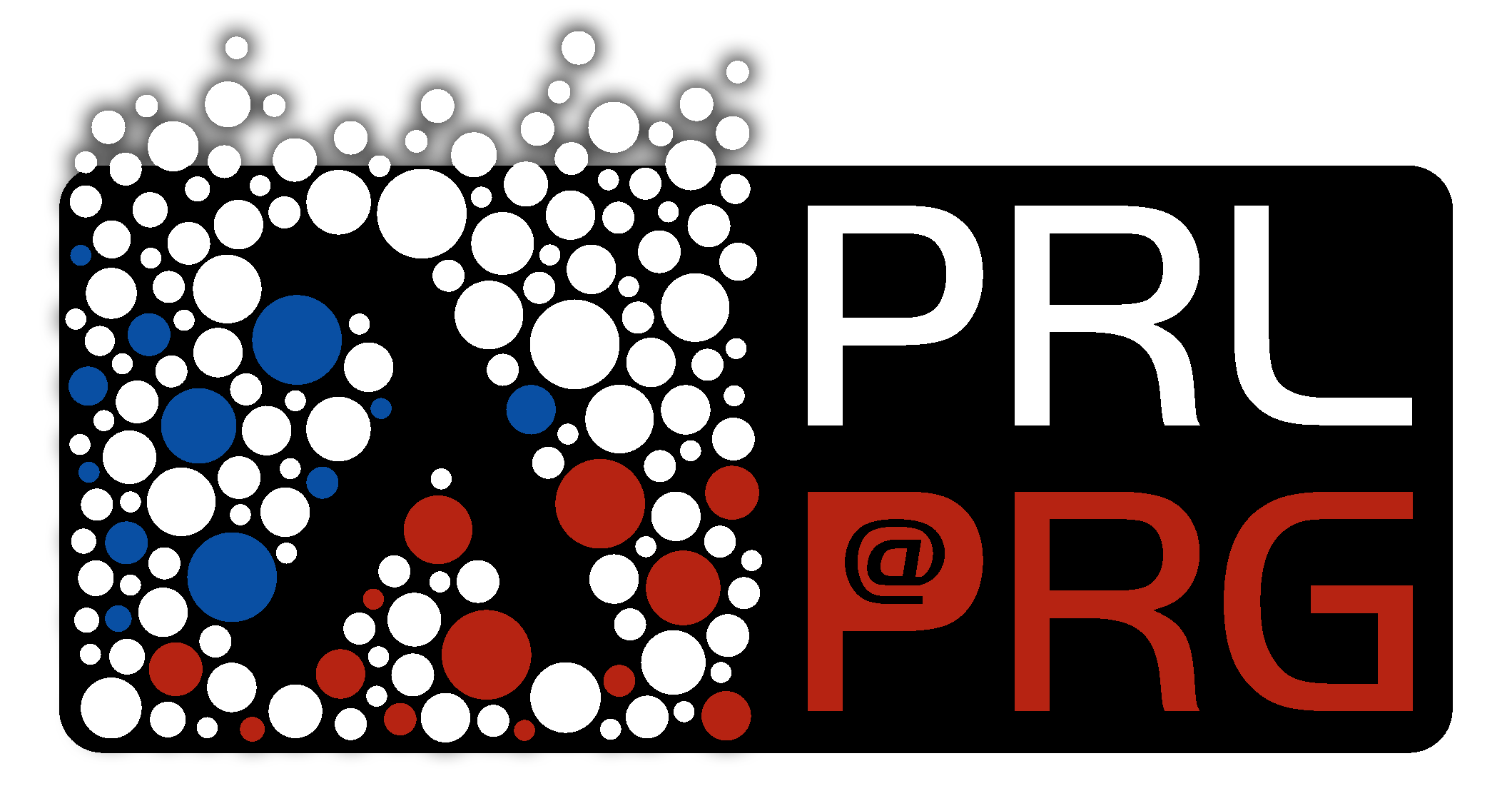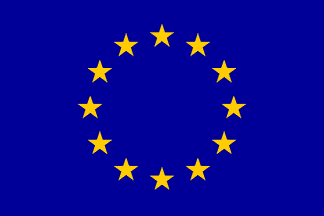About
Programming languages are the interface between people and the machines that carry out computation on their behalf. As such, programming languages are fundemantal tools of computing science.
Therefore, we believe that existing languages should be studied deeply, to understand their applications, design process, and their impact on both the programming ecosystem, as well as the programmers’ way of thinking.
Armed with this knowledge we strive to improve programming languages and develop their ecosystems to be efficient at their tasks, ergonomic, and well-suited to their domains.
We do this using a multi-faceted approach incorporating elements of design, mathematics, experimental science, and engineering.
We focus our efforts on JavaScript and R, dynamic languages used ubiquitously in their respective fields of web programming and data science, whose performance affects millions of users. We also have an interest in new and up-comming languages like Julia, which can become stars in their fields and make areas of computing faster and easier.
Join the lab
If you are interested in programming languages and would like to try your hand at programming language research, we encourage you to contact us at ck@cs.uni-salzburg.at or j.vitek@neu.edu.
We are constantly looking for smart and enthusiastic people, and may have openings for Bachelor, Master, PhD students, and Post-Doc researchers.
You can find more details regarding interesting project ideas here, or let us know if you have a PL project you would like to work on.
News
Christoph Kirsch co-organizes MPLR 2024
Jan Vitek has received an ERC grant Proof-of-Concept, R4R
Pierre Donat- Bouillud has received a two-year fellowhip in OPJAK MSCA FELLOWSHIPS CZ program.
Jan Vitek has received a grant for the RiGiD project within the prestigious EXPRO projects announced by the Grant Agency of the Czech Republic.
Christoph Kirsch has become the Head of the Programming Research Laboratory.
An application for Symbolic Execution of 64-bit RISC-V Machine Code with Eager Path Merging registration has been filed with the United States Patent and Trademark Office.
An application for Symbolic Execution in Testing Software registration has been filed with the United States Patent and Trademark Office.
Pierre Donat-Bouillud is awarded the Seal of Excellence for its MSCA Fellowship proposal: DataBugs: Finding Bugs in Data Science Codes
Jan Vitek, Ryan Culpepper, Petr Maj, Konrad Siek, Guido Chari, and Lucie Lerch co-organize ETAPS 2019.
Guido Chari co-organizes META 2018 : Workshop on Meta-Programming Techniques and Reflection (part of SPLASH).
Jan Vitek, Filip Křikava, Paley Li, and Konrad Siek co-organize SPLASH 2018.
Flexible Alias Protection, a paper by James Noble, Jan Vitek, and John Potter receives the 2018 AITO Test of Time award at ECOOP.
Artem Pelenitsyn co-organizes the 2nd International Workshop on Machine Learning techniques for Programming Languages (co-located with ECOOP).
Julia Belyakova co-organizes the ECOOP and ISSTA Doctoral Symposium 2018.
Jan Vitek and Filip Křikava co-organize Curry On 2018.
Filip Křikava co-organizes the 11th Transformation Tool Contest (part of STAF 2018).
Deja-vu: A Map of Code Duplicates on GitHub is covered by news publications around the world, including: The Morning Paper, Slashdot, The Register, Developpez, OpenNet, Toutiao, and Sohu.
Filip Křikava co-organizes the 10th Transformation Tool Contest (part of STAF 2017).
Jan Vitek and Filip Křikava co-organized Curry On 2017.
Julia Belyakova and Artem Pelenitsyn co-organized the 1st Russian Conference on Programming Languages and Compilers.
Jan Vitek joins Bioconductor Advisory Board.
We organize the Programming Language Implementation Summer School 2017 in Bertinoro, Italy.
Tomáš Kalibera joins R core team.
Tomáš Kalibera joins R foundation.



